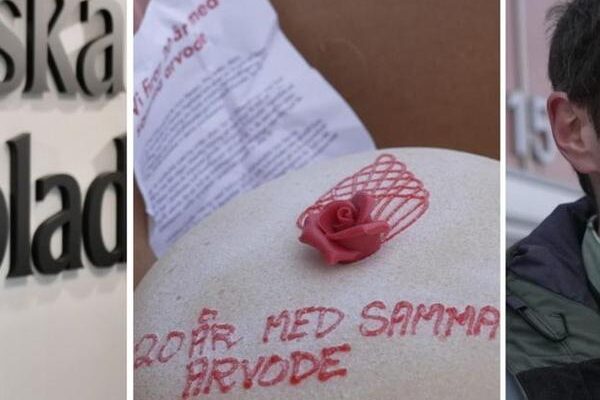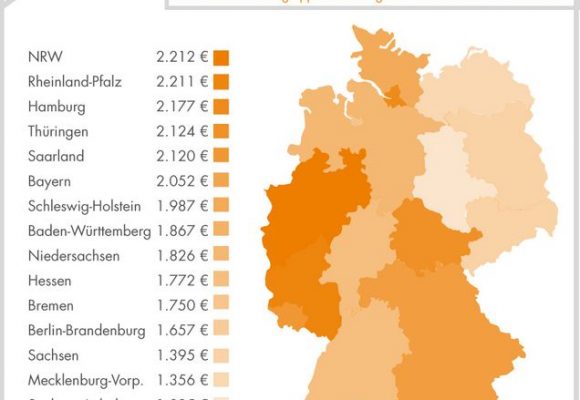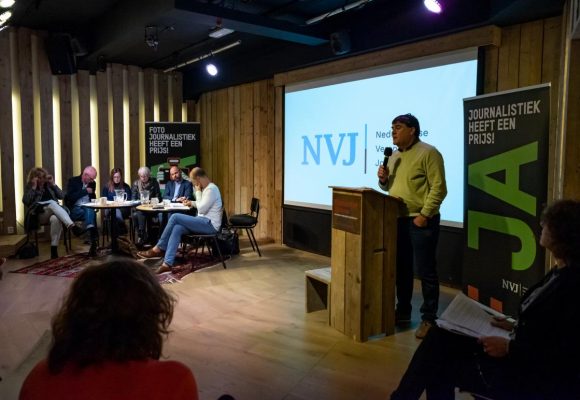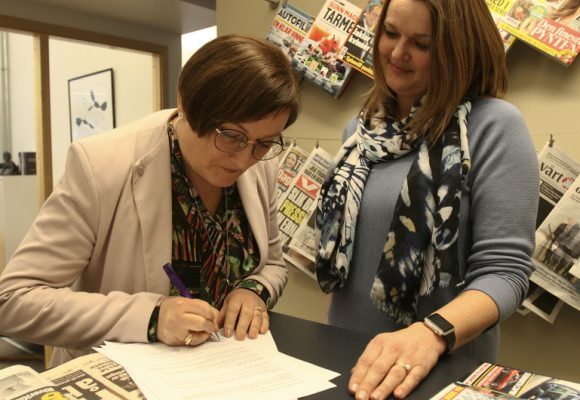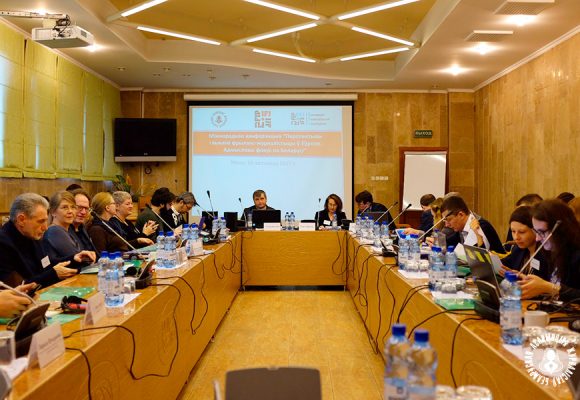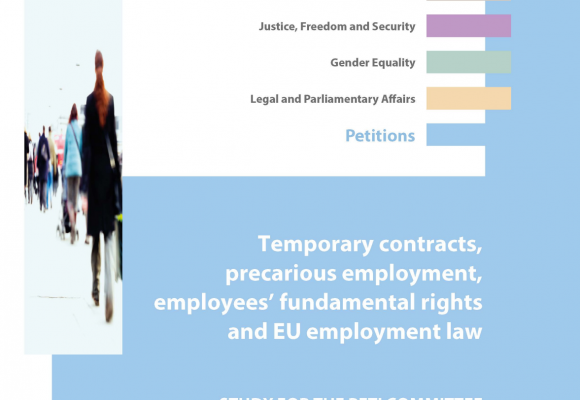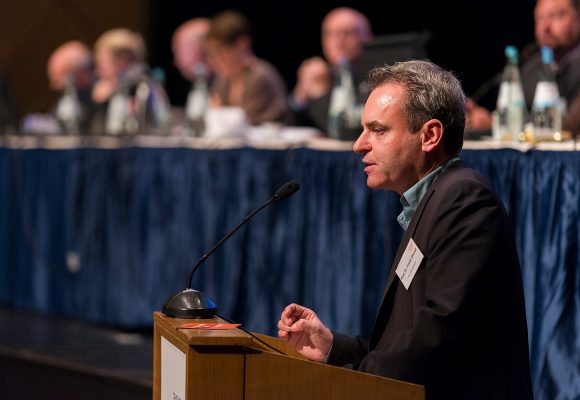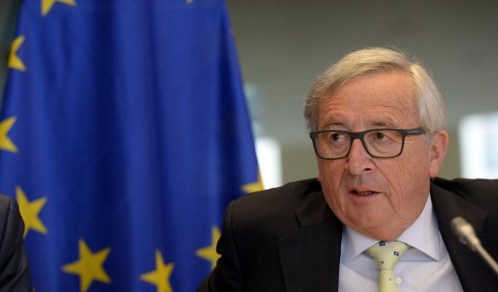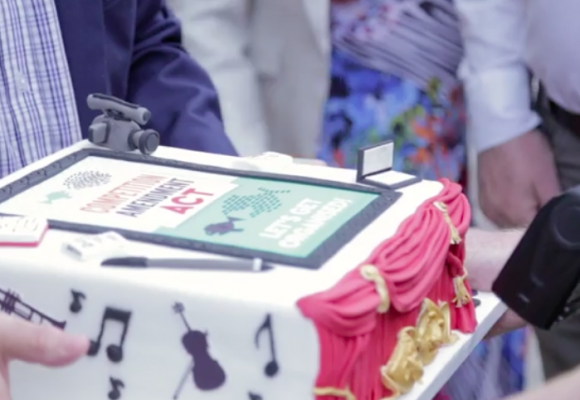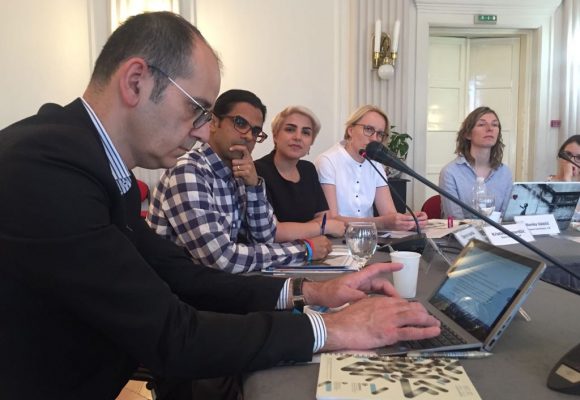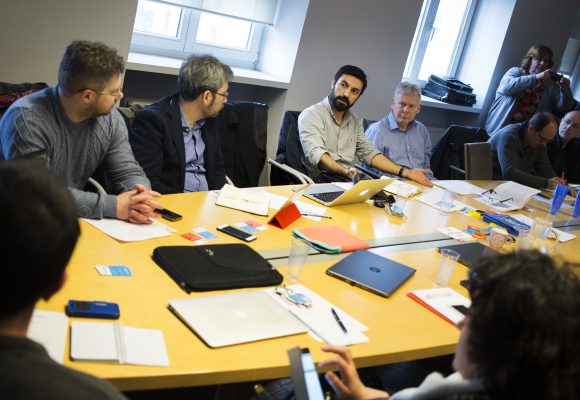Sweden: Demonstration for higher freelance fees at daily newspaper
This article first featured on the Swedish Journalist union website Some 50 freelance writers at Svenska Dagbladet (SvD) have long been in negotiations with management about their fees. A demonstration supported by the Swedish Union of Journalists was held on Friday 8 December outside SvD in Stockholm following the break-down of negotiations, which had started in the spring of 2023. No significant increase in 20 years In addition to a symbolic adjustment in the spring, SvD’s freelancers emphasised in the negotiations that they have not received a significant increase in over twenty years and that they therefore earn less than…

